
On June 24, the world marks the International Day of Women in Diplomacy — a day that is more than just symbolic.
It is a vital reminder that global dialogue and decision-making can only be sustainable when women have an equal seat at the table.
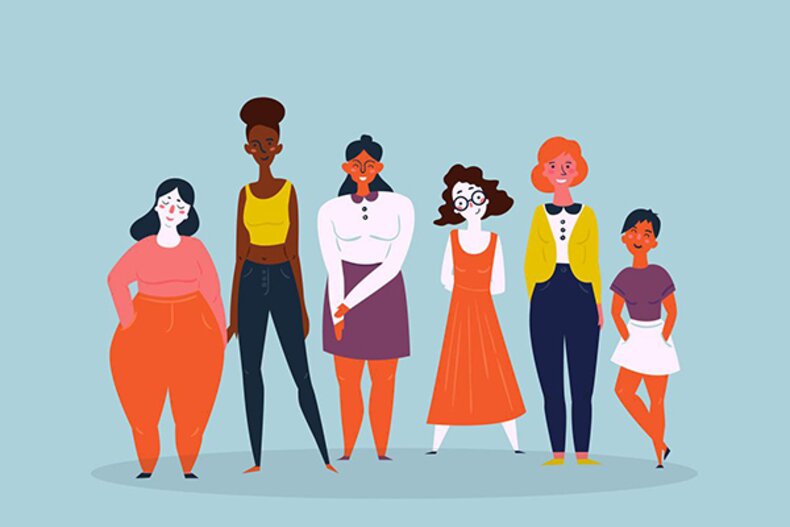
Although gender equality is enshrined in the Universal Declaration of Human Rights, true parity in diplomacy remains far off. Currently, only about 21% of ambassadors worldwide are women.
Fewer than 30 countries are led by female heads of state or government. This gap is not just a matter of representation; it has real consequences.
Studies show that peace agreements involving women are 35% more likely to last at least 15 years. Yet, too often, women’s voices remain on the margins of negotiations where their communities’ futures are decided.
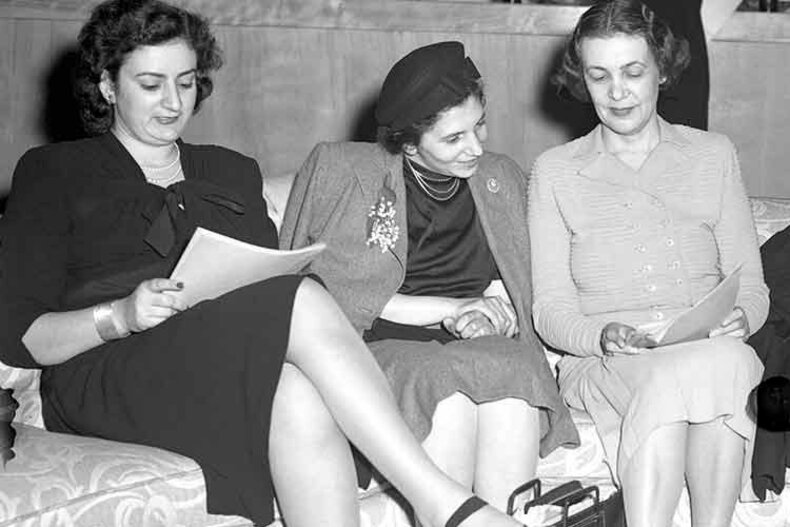
In today’s world, where conflict and crises are escalating, women and girls continue to pay a devastating price.
Over 600 million women and girls currently live in conflict-affected areas — an increase of 50% in just the last decade.
They face heightened risks of violence, food insecurity, and displacement. Tragically, conflict-related sexual violence has risen by 50% in recent years.
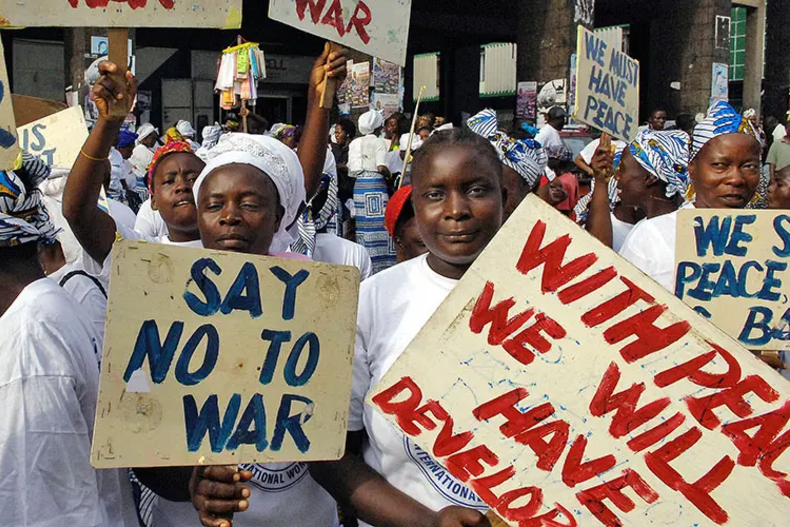
Yet, amid these hardships, women are not merely victims.
In war zones from Gaza to Sudan to Mali, women often lead community responses, deliver essential health care, and organize humanitarian aid — even while being excluded from formal peace talks.
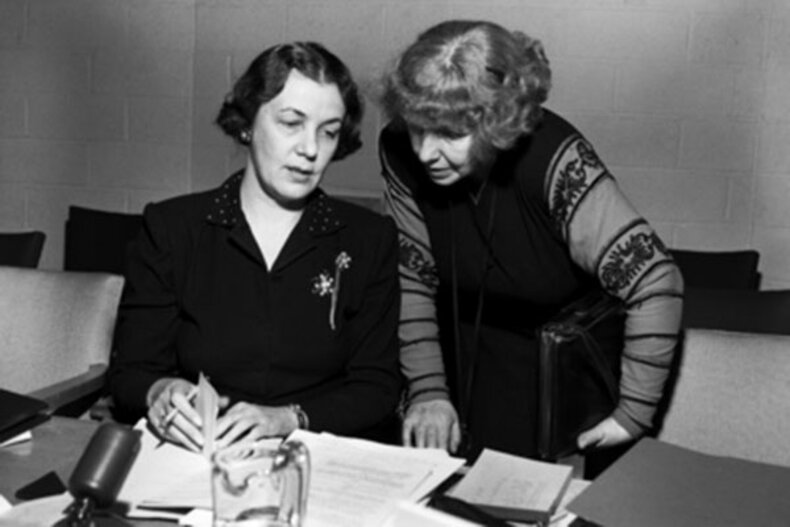
Closing the gender gap in diplomacy demands more than promises.
It requires binding targets for equal participation in negotiations, structural reforms in foreign services to support women’s careers, and greater funding for women-led organizations, especially in crisis zones.
It also means zero tolerance for gender-based violence and discrimination in diplomatic spaces.
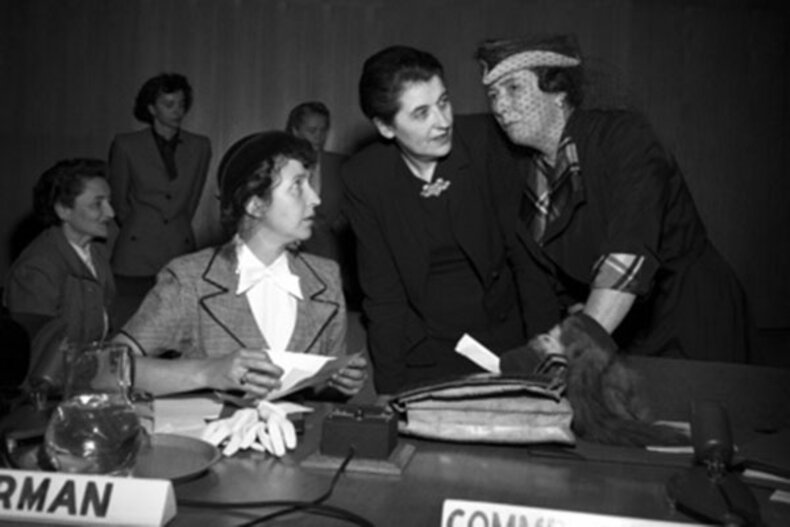
As we look ahead, the message of the International Day of Women in Diplomacy is clear: There can be no lasting peace, sustainable development, or fair international cooperation without the full and equal participation of women.
The global community has pledged under the UN’s Sustainable Development Goals to achieve gender equality by 2030 — but at the current pace, true parity in politics and diplomacy could take decades longer.
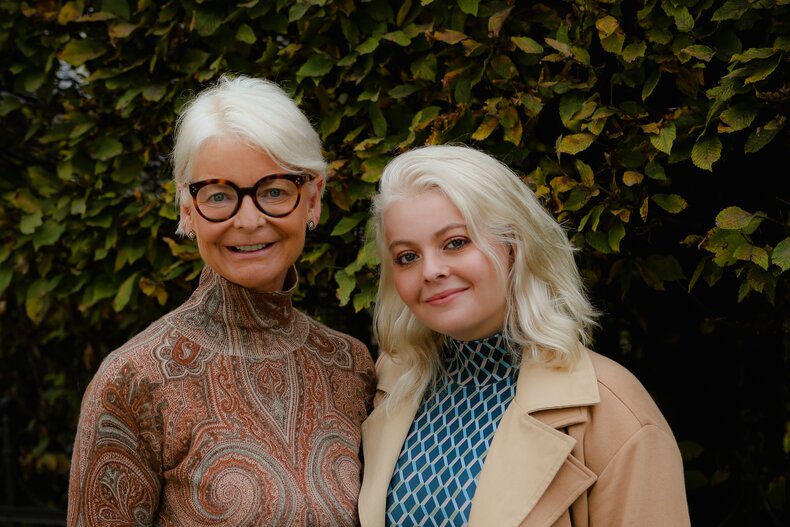
“Now more than ever, we need to champion women’s voices in all corridors of power, from local peace committees to the United Nations Security Council. Only then can diplomacy live up to its promise: to build bridges, resolve conflicts, and shape a better, more inclusive world for generations to come,” says Ann Kathrin Linsenhoff
Yours
sincerely

